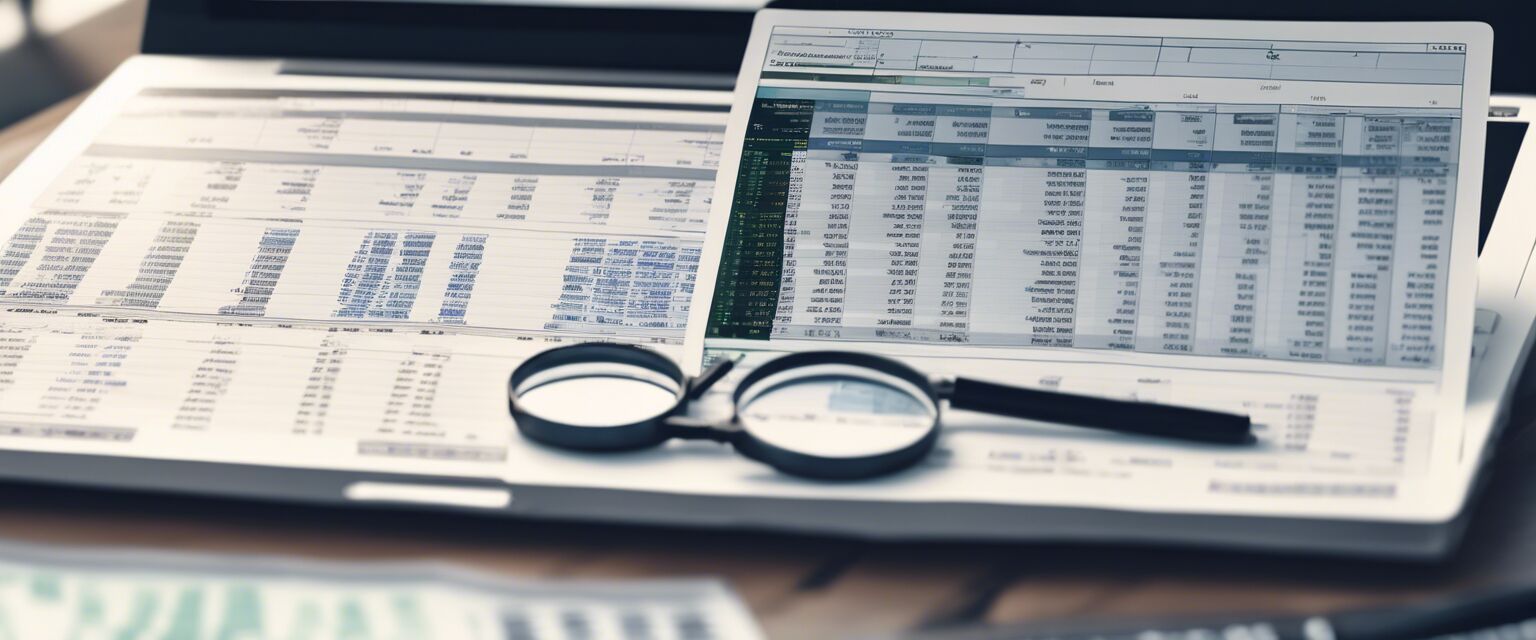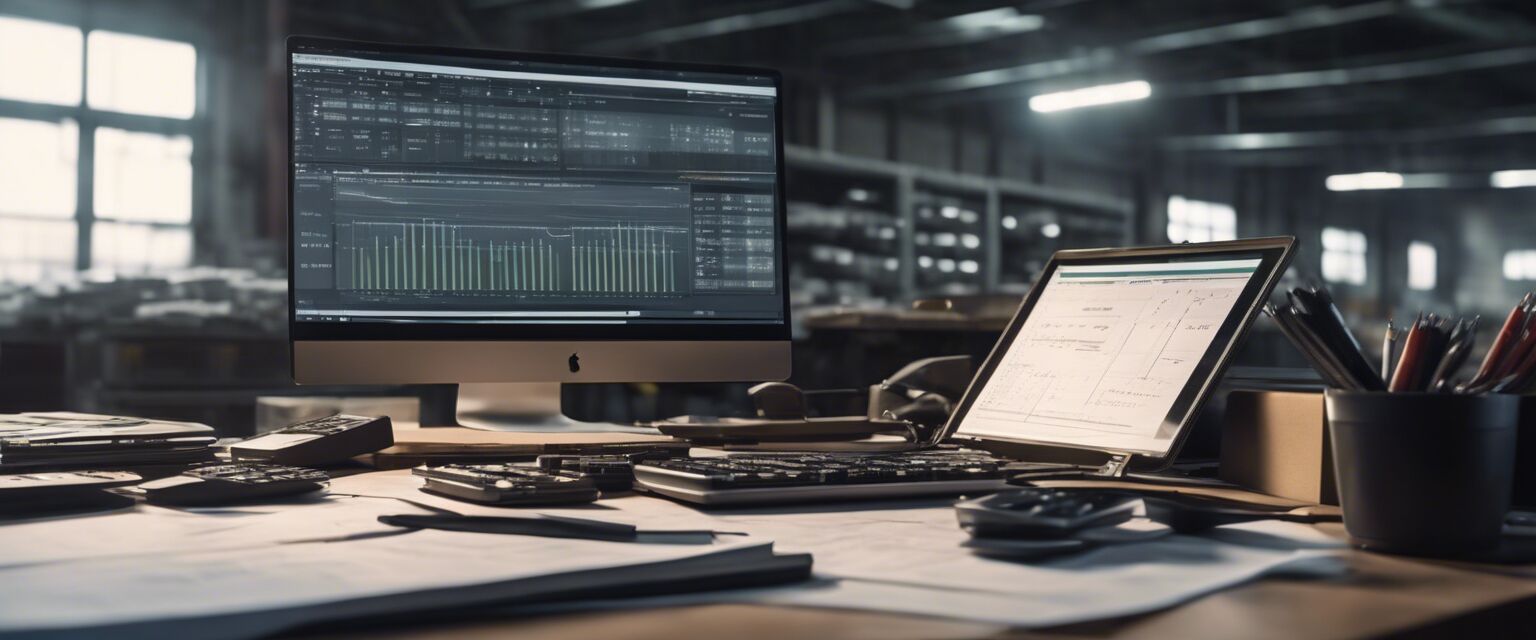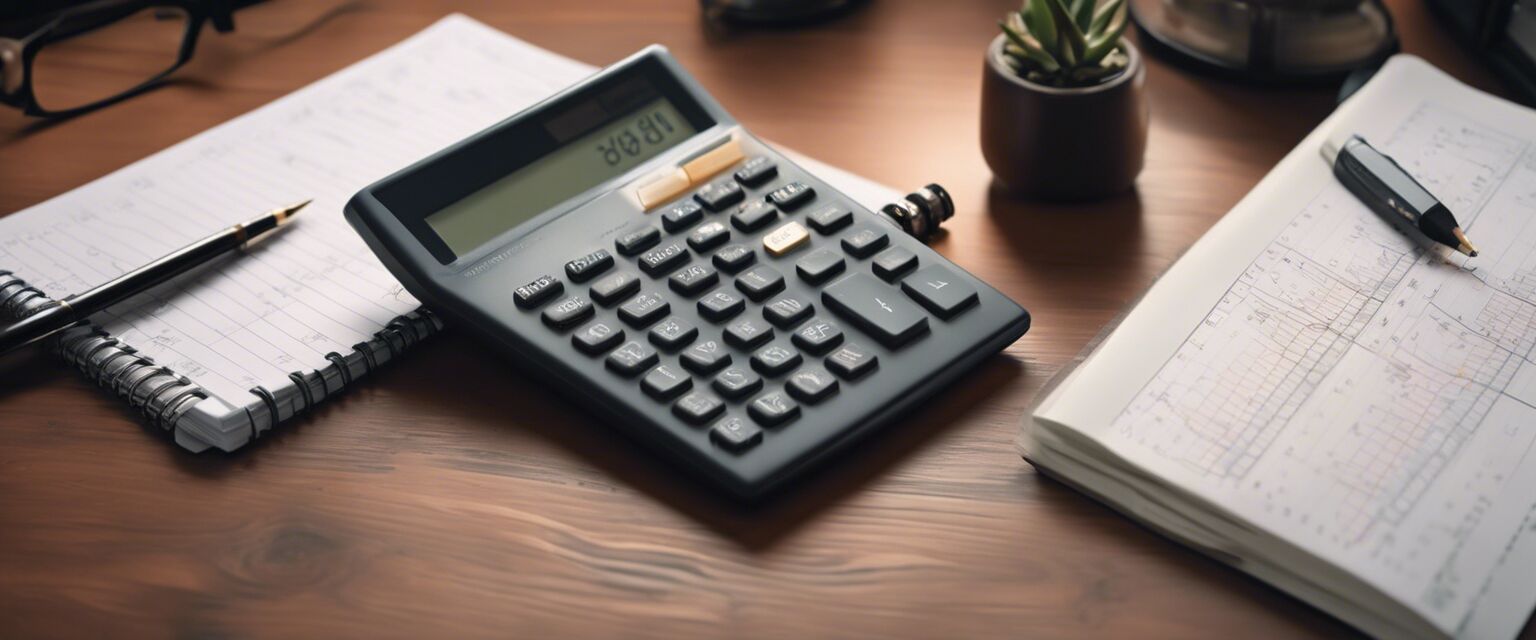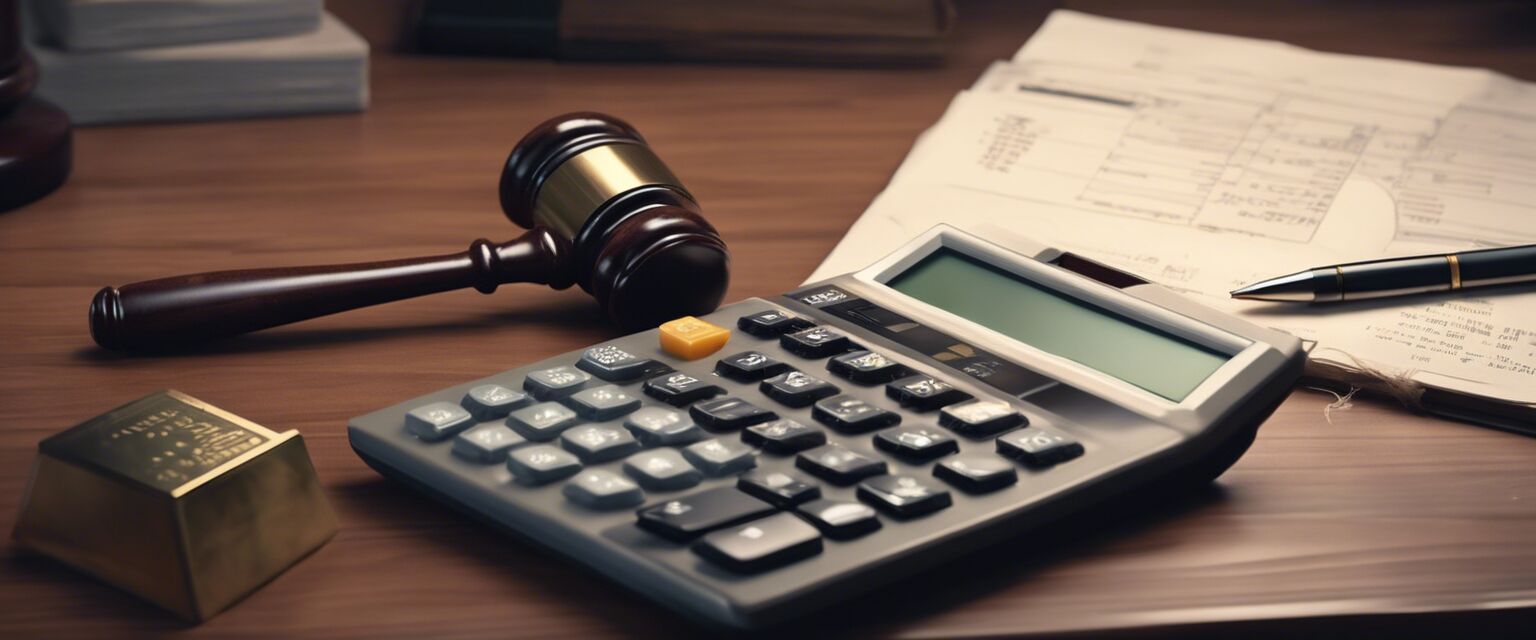
Forensic Accounting
Forensic accounting is a specialized field that combines accounting principles with investigative techniques to uncover financial fraud, embezzlement, and other financial crimes.
Key Takeaways
- Forensic accounting involves examining financial records to detect fraud and other financial crimes.
- It is used in investigations, legal proceedings, and dispute resolutions.
- Forensic accountants use specialized techniques and tools to analyze financial data.
What is Forensic Accounting?
Forensic accounting is a branch of accounting that deals with the application of accounting principles and theories to resolve legal disputes and investigate financial crimes. It involves the use of accounting skills and knowledge to analyze financial data, identify anomalies, and provide expert testimony in court.
Types of Forensic Accounting
| Type | Description |
|---|---|
| Civil Forensic Accounting | Used in civil lawsuits to resolve disputes related to financial matters. |
| Criminal Forensic Accounting | Used in criminal investigations to detect and prosecute financial crimes. |
| Family Law Forensic Accounting | Used in divorce and child custody cases to determine asset values and income. |
Forensic Accounting Techniques
Forensic accountants use various techniques to analyze financial data and detect fraud. Some of these techniques include:
- Data Mining: Analyzing large datasets to identify patterns and anomalies.
- Benford's Law: Analyzing the distribution of digits in financial data to detect fraud.
- Ratio Analysis: Analyzing financial ratios to identify unusual trends.
- Transaction Analysis: Analyzing individual transactions to detect fraudulent activity.

Tools and Software Used in Forensic Accounting
Forensic accountants use various tools and software to analyze financial data and detect fraud. Some of these tools include:
- ACL: A data analytics software used to analyze large datasets.
- Excel: A spreadsheet software used to analyze and manipulate financial data.
- IDEA: A data analytics software used to analyze financial data and detect fraud.
- Financial software used to analyze financial data and detect fraud.
Importance of Forensic Accounting in Investigations
Forensic accounting plays a crucial role in investigations, as it helps to:
- Identify fraudulent activity and financial crimes.
- Reconstruct financial transactions and events.
- Provide expert testimony in court.
- Resolve disputes related to financial matters.

Benefits of Forensic Accounting
Forensic accounting provides several benefits, including:
- Improved detection and prevention of financial crimes.
- Increased accuracy and reliability of financial data.
- Enhanced decision-making and dispute resolution.
- Cost savings through early detection and prevention of fraud.
Pros
- Improved detection and prevention of financial crimes.
- Increased accuracy and reliability of financial data.
- Enhanced decision-making and dispute resolution.
Cons
- Requires specialized skills and knowledge.
- Can be time-consuming and costly.
- May require complex and technical analysis.
Conclusion
Forensic accounting is a vital tool in the detection and prevention of financial crimes. It requires specialized skills and knowledge, but provides several benefits, including improved detection and prevention of financial crimes, increased accuracy and reliability of financial data, and enhanced decision-making and dispute resolution.

For more information on forensic accounting and its applications, check out our bookkeeping accessories and auditing equipment pages.








